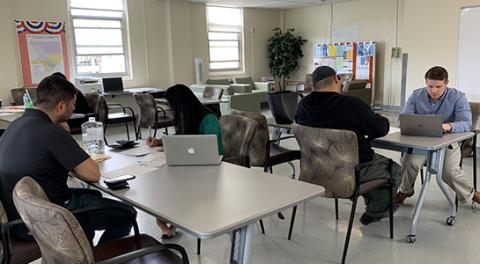
UCLA School of Law’s Veterans Legal Clinic and Criminal Justice Program partnered with the Oakland-based community organization Root & Rebound to hold a ticket-clearing clinic at the U.S. Department of Veterans Affairs West Los Angeles campus on Sept. 27, providing pro bono legal services for veterans.
The UCLA Law COVID-19 Behind Bars Data Project, in collaboration with the Bronx Defenders, Columbia Law School’s Center for Institutional and Social Change and Zealous, has launched a new electronic database of COVID-19-related materials designed to help lawyers, advocates, researchers, journalists and others interested in challenging, remedying, or drawing attention to the grave risk that COVID-19 poses to individuals who are detained.
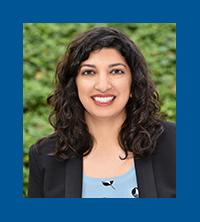
A report issued on Jan. 7 by UCLA School of Law’s Criminal Justice Program, the RAND Corporation and other organizations details the extent to which Los Angeles County may divert people with serious mental health disorders away from traditional criminal-justice processes and into community-based clinical programs or permanent supportive housing.
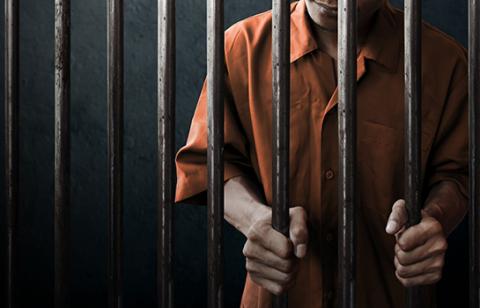
UCLA School of Law has created expansive databases that keep track of developments related to COVID-19 in prisons and jails nationwide. Launched amid the mounting coronavirus crisis — including reports of infections in high-risk places where large numbers of people are packed into tight quarters — the resources address two key areas.

Students and faculty members with UCLA School of Law’s Criminal Defense Clinic played a key role in securing the release last week of an at-risk inmate from a U.S. Immigration and Customs Enforcement processing center as part of the clinic’s broader effort to reduce the acute risks to prisoners from the coronavirus.
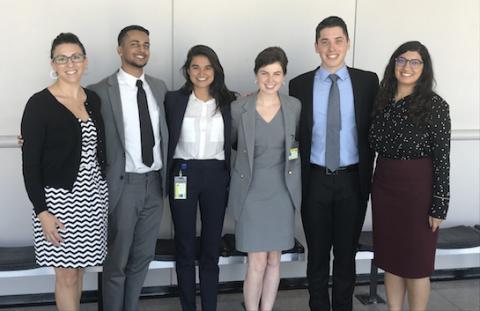
Members of three UCLA School of Law clinics are part of a coalition including people who are incarcerated in Los Angeles County jails, lawyers and activists that has sued the county and county sheriff’s department seeking the release of medically vulnerable people and the implementation of heightened health and safety standards in jails during the coronavirus pandemic.
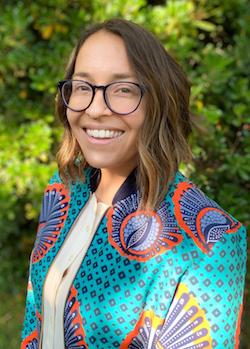
The Criminal Justice Program (CJP) at UCLA School of Law, with grant support from the Annie E. Casey Foundation and the Liberty Hill Foundation, has created a new fellowship at UCLA Law and an initiative focused on advancing the interests of justice-involved youth.
Criminal Law and Policy Consortium
The Criminal Law and Policy Consortium serves as a central hub for UCLA Law’s criminal justice research, curriculum, and student programs.
Ranked one of the top criminal law programs in the country, UCLA Law offers students advanced study in a wide range of courses, culminating in a Criminal Law and Policy Specialization.
At UCLA Law, training in criminal law and policy includes a diverse range of courses that is taught by top scholars and encompasses the procedural, doctrinal and theoretical roots of criminal legal systems.